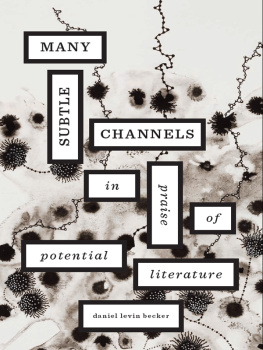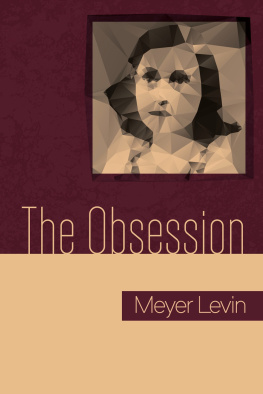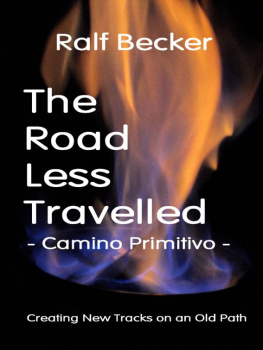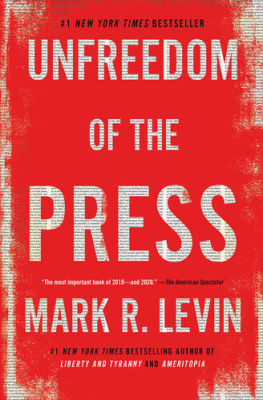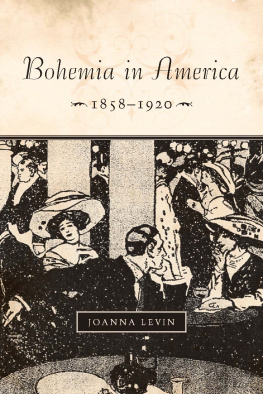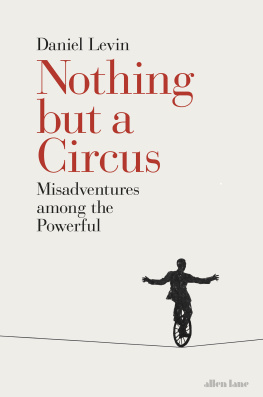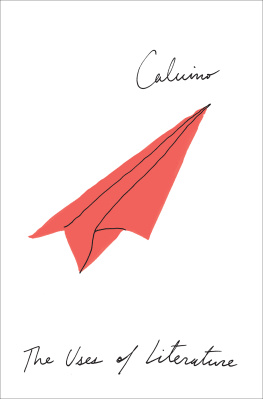MANY SUBTLE CHANNELS
many subtle
In Praise of Potential Literature
channels
DANIEL LEVIN BECKER
| HARVARD UNIVERSITY PRESS | Cambridge, Massachusetts |
London, England 2012
Copyright 2012 by the President and Fellows of Harvard College
All rights reserved
Jacket image: Glow/Getty Images
Jacket design: Graciela Galup
Library of Congress Cataloging-in-Publication Data
Levin Becker, Daniel.
Many subtle channels: in praise of potential literature / Daniel Levin Becker.
p. cm.
Includes index.
ISBN 978-0-674-06577-2 (alk. paper)
1. Oulipo (Association). 2. Literary form. 3. Levin Becker, Daniel. 4. Authors, American21st centuryBiography. I. Title.
PQ22.O8B35 2012
840.911dc23 2011044577
For Elaine,
who doesnt entirely buy it
but is willing to listen anyway
CONTENTS
A NOTE ON FORMATTING
In keeping with French standards of demonymy, the word oulipian is capitalized here only when it refers to a person: Georges Perec was an Oulipian, but his output was (for the most part) oulipian. For the sake of consistency, the same applies to surrealist and the ever-maddening pataphysi-cal. (The apostrophe is explained in note 8 of the chapter Imaginary Solutions.)
The proper name of the workshop in question is OuLiPo, but in order to reduce strain on your eyes and my shift key I have rendered it as Oulipo after its first mention. (I cut this corner with the security of many years of precedent; for example, nobody writes out U.S.A. P.A.T.R.I.O.T. Actand thank goodness, because the actual acronym is odious.) On the other hand, quasi-affiliated workshops such as the OuBaPo and the OuPhoPo remain formatted as you see them here, for the sake of keeping them distinct.
Most foreign words are italicized, and translated in the text or in a footnote if their meaning is of any consequence. The exception is titles of poems and stories, which appear in roman but between quotation marks. Titles are generally given in English when published English translations exist; they are given in their original language, with translation between parentheses, when not. Translations are mine, unless noted otherwise.
Most split infinitives are intentional.
There are doubtless people to whom the torments of such an order appear hardly more natural than the contortions of disease; but I dont after all know why I should in this connection so much as mention them. For the few persons, at any rate, normal or not, with whom my anecdote is concerned, literature was a game of skill, and skill meant courage, and courage meant honour, and honour meant passion, meant life.
HENRY JAMES
The Figure in the Carpet
I PRESENT
a library burning
2008
BY THE TIME I ARRIVE at the Montparnasse cemetery to pay my last respects to Franois Caradec, on a decorously still Thursday afternoon in late November, roughly two hundred people have gathered already. There is a fine mist in the air; collars are up but no umbrellas. Dress is casual. Most people are wearing black, but look like they would be anyway.
Caradec, who died at eighty-four a week prior from respiratory problems, was one of Frances first comics experts, a regular on various radio roundtables, and a biographer of the eccentrics of late nineteenth-century Paris. He wrote on writers like Raymond Roussel and Alphonse Al-lais, but also on pseudo-celebs like the noted Moulin Rouge showgirl Jane Avril and the music critic Henry Gauthier-Villars, better known as Willy, whose claims to fame include cheating on the novelist Colette and being challenged to a duel by Erik Satie. Caradec wrote stories and poems, published an international dictionary of gestures cata-logued by body part, and had a seemingly endless supply of references, usually complete with yellowed original, to the cruder points in French literary history. His trademarks included an oddly even nasal voice, an abiding love for rancid puns, and a phosphorescent white mustache with matching eyebrows the size and temperament of extremely furry caterpillars. The one time I called on him at his home in the south of Paris, he absently kneaded those eyebrows throughout our entire conversation, and my tape recording picked up nothing but the slow, steady squeal of his rocking chair.
At a microphone beneath a white canopy, half a dozen friends and relatives share memories of Caradec. A woman sings a verse from La Bohme; a man reads a scene from one of Caradecs books in which a peevish God sips a Picon-Grenadine while debating metaphysics with a drunkard. A little while later, a mannerly math teacher named Olivier Salon reads a text he has written for the occasion: a short, solemn poem, unrhymed and mostly to the point, equal parts melancholy and playful. Franois caresses readers crania in a deep rose derision, one line might go in English, in a fine ironic farce free of disdain. The poem, Salon explains falteringly, is called a beau prsent: a kind of ode, read sometimes at weddings and funerals, that contains only the letters in the addressees name. When he finishes he shrinks back among the mourners assembled in the mist, none of whom appear to find it peculiar that they have just heard a eulogy from which sixteen letters of the alphabet are missing.
The service closes with a recording from the radio of Caradec, unaccompanied, singing a rustic mountain song with a refrain about bicycles, which over the course of seven or eight verses gets pretty dirty. (Only the gravediggers seem surprised.) Then the crowd shuffles out, toward the wake at a nearby bar named after Shakespeares Falstaff, as Caradec is lowered into the same ground that holds Baudelaire and Beckett and Maupassant and Sartre, a few paces from the windmill at whose foot he used to sit and read during the Nazi occupation of Paris.

What I want to talk about is, first of all, how it comes to be that a math teacher should read a poem at the funeral of an erudite littrateur. And: how does it come to be that this poem is tender and eloquent and funny despite containing fewer than half of the letters in the Roman alphabet? How does it come to be that a beau prsent is deemed an appropriate form of eulogy, both by its author and by a crowd of people very likely to be making mental notes about what will be read aloud at their own funerals?
The answer, which is just shorthand for a whole constellation of new questions, is the OuLiPo (an acronym for Ouvroir de Littrature Potentielle, or Workshop for Potential Literature): a sort of literary supper club to which Caradec and Salon belong, a hallowed echo chamber for in vestigations of poetic form and narrative constraint and the mathematics of wordplay. Since its creation in 1960, the Oulipo has served as the laboratory in which some of modernitys most inventive, challenging, and flat-out baffling textual experiments have been undertaken. Salons beau prsent is only the tip of the iceberg: oulipian inquiry has yielded novels without certain vowels, love stories without gender, poems without words, books that never end, books that do nothing but end, books that would technically take longer to read than most geological eras have lasted, books that share the exercise of mourning, books that aim to keep the reader from reading them, books that exist for no particular reason other than to amuse and perplex, books that may not actually exist at all. These works, all of them governed in some way by strict technical constraints or elaborate architectural designs, are attempts to prove the hypothesis that the most arbitrary structural mandates can be the most creatively liberating.
Next page
